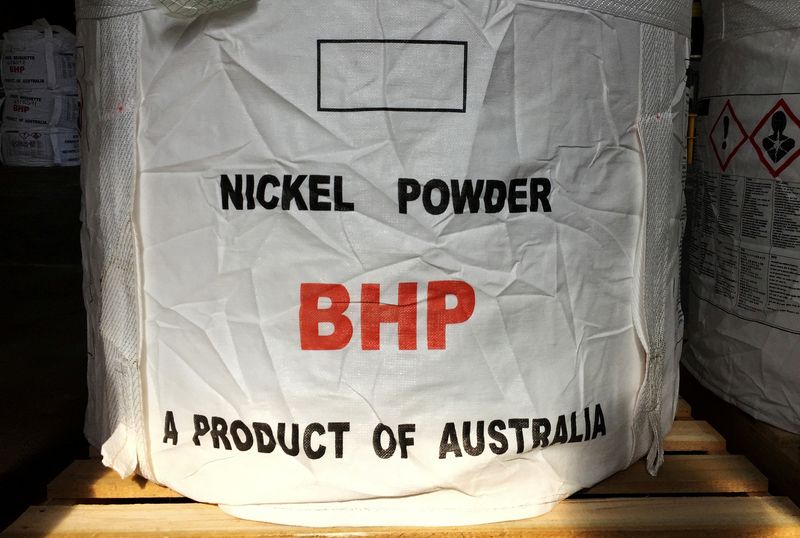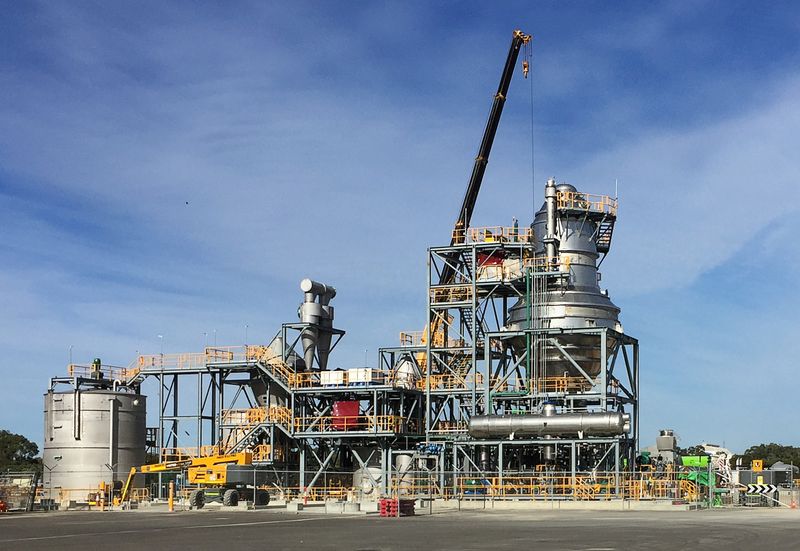KALGOORLIE, Australia (Reuters) - BHP Group will increase its spending on nickel exploration over the next two years to meet growing demand for the raw material used in making electric vehicle batteries, the chief of its nickel operations said on Wednesday.
BHP, through its Nickel West unit, has supply agreements for the metal with Tesla (NASDAQ:TSLA) and Toyota, and this month also announced a deal with Ford.
The miner said it has the second largest nickel sulphide resource base globally, based on its land holding, totalling 120,000 hectares, in the Agnew-Wiluna belt in Western Australia.
The area has in excess of 7.4 million tonnes of nickel that still remains largely unexplored, Jessica Farrell, Asset President for BHP Nickel West, said.
"We have budgeted a significant uplift in exploration spend over the next two years, which we expect will advance many of our targets," Farrell told an industry conference in Kalgoorlie, without providing an investment number.
"This year will be the highest annual spend for exploration in Nickel West," Farrell said.
By 2030, around 60% of all car sales globally will be electric, increasing to 90% of all car sales by 2040, she said.
"The dominant battery chemistry powering this global fleet is expected to rely on nickel," Farrell said.

"This megatrend, combined with a firm demand base from the traditional stainless and class-1 applications means we anticipate demand for nickel in the next 30 years will be 200% to 300% of demand in the previous 30 years," she said.
BHP signed renewable wind and solar energy contracts with power companies this year, including a deal for wind power from Italy's Enel (BIT:ENEI) Green Power, that is expected to cover energy needs of three of its major nickel operations in Western Australia by 2024.
